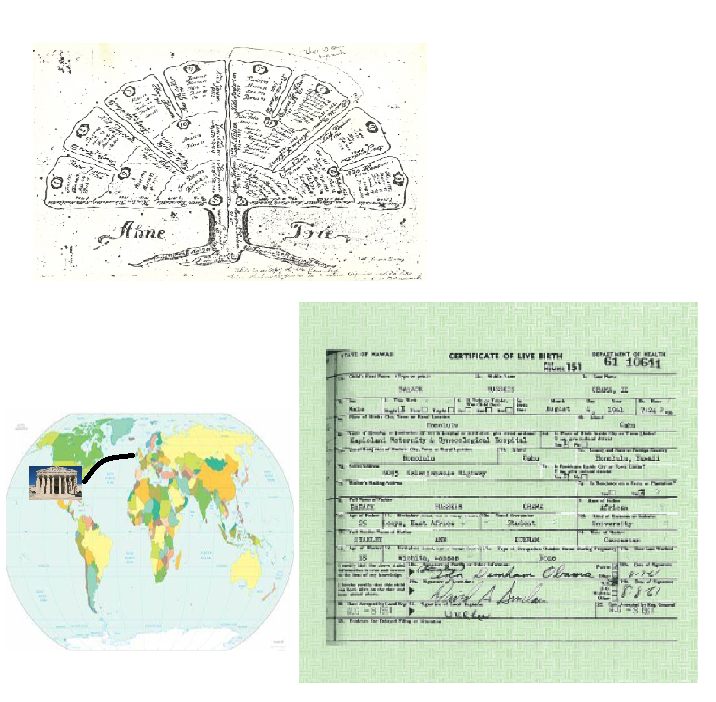Drummond’s JF v Lord Advocate, 1944 SC 298
Citation: Drummond’s JF v Lord Advocate, 1944 SC 298
Rule of thumb 1: Are foreign Judgments a relevant source of law in Scotland? Yes, but they have to be almost in-point exactly identical factual circumstances, and, the Judgment itself as well as all the laws referred to in the Judgment have to be printed out in full & presented to the Court before it will even consider them.
Rule of thumb 2: IF you are claiming to a distant cousin of a person & entitled to money in a will on their behalf, how do you prove this? It is onerous to prove this – you need to obtain all birth certificates to discharge the onus of proof.
Judgment:
2 important principles in this case were made. The first was ‘proof of survivorship’ – where someone wants to claim that they are a family survivor of someone who is deceased, and linked to other citizens by family connections like cousins, 2nd cousins, 3rd cousins, distant cousins etc, then they need to provide clear evidence of this, otherwise the Court will be unable to affirm that they are the survivor and they will be presumed not to be. Secondly, the Court in this case affirmed the legal methods principle of ‘artificial foreign law arguments’ - where statutes, regulations or cases from systems from abroad are provided to the Court, but the actual rationale behind the principle from this system they are based on is not provided and explained, and the rules from the foreign system are essentially just rules that people there have largely just spontaneously plucked out from the sky, then the Court will not be able to accept these foreign authorities as a relevant authority in a case for UK – they will lack the scientific rigour to be able to be used as authorities in UK law. Where rules are being presented from abroad they have to be well reasoned and explained. When a foreign law based argument is not presented in a persuasive way it will be deemed to be a legal argument from a foreign jurisdiction that has been made in an artificial and arbitrary manner, and one that is not capable of being relied upon substantively to win a legal case in the UK. The facts of this case were that a family of 4 were killed by the bombing of their home during the blitz of Clydebank during WW2. They died intestate (without a will) and the parents’ siblings as well as the Crown were in dispute as to who the estates of the deceased parties should be left to. In this case the Court held that the Crown was entitled to it because survivorship by the siblings of the 2 deceased parties could not be proved due to not knowing which of the 2 parents had died first. The overarching principle was that because it could not be proved which parent died first, and survivorship of siblings could not be proved, then it could be conclusively stated whether the estate should go to the man’s or the woman’s family, and this meant it could go to neither, meaning that it went to the Government (the rules on succession are different from this now, with new presumptions established, even although the underpinning principle is still good law for long lost cousins etc looking to establish a surviving family link), ‘(...rules of others systems in other countries cited provided to the Court by the parties in this case were) ... essentially arbitrary and artificial rules of expediency, and had no fundamental basis in principle or equity... Survivance is in every case a matter of proof, and ... when a claimant whose claim depends on proof of survivorship is unable to establish the fact of survivance, his claim necessarily fails... it seems to be taken for granted... that children cannot be held or presumed to have survived either parent’, Lord Justice-Clerk Cooper at 301-303

Warning: This is not professional legal advice. This is not professional legal education advice. Please obtain professional guidance before embarking on any legal course of action. This is just an interpretation of a Judgment by persons of legal insight & varying levels of legal specialism, experience & expertise. Please read the Judgment yourself and form your own interpretation of it with professional assistance.

